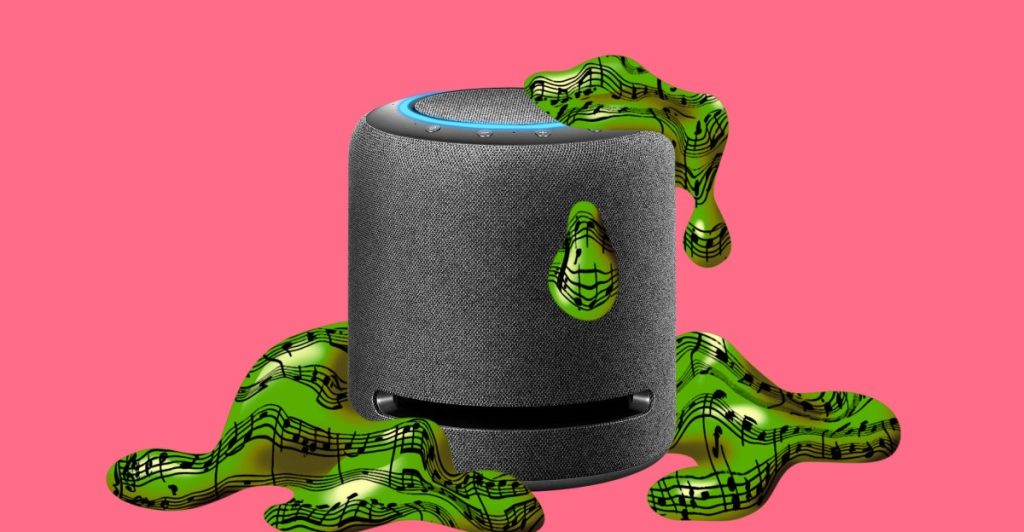The Unforeseen Copyright Controversy Surrounding Suno in Amazon’s Alexa Presentation
Suno was not intended to be a significant highlight during Amazon’s Alexa Plus showcase. The AI music generation tool was merely a small segment demonstrating how Alexa Plus can be integrated with other applications. However, it inadvertently drew attention – signaling that Amazon may have stumbled into a major copyright dispute.
What is Suno?
For those unfamiliar, Suno is an AI-driven music generation platform. Users can input a text request (like “a jazz, reggae, EDM pop song about my imagination”) and receive a song in response. Similar to many generative AI platforms, Suno is facing legal battles for its use of copyrighted content. Major music labels and the RIAA are among those involved in the lawsuit, though they lack direct access to Suno’s training data to provide irrefutable evidence. Nevertheless, they have produced AI-generated songs that closely resemble copyrighted material like “Johnny B. Goode” and “Great Balls of Fire.”
Legal Implications of AI Training
Suno acknowledges that its songs were derived from copyrighted sources but maintains that this practice falls within legal boundaries. In its legal response, Suno admits that its training model likely includes recordings with rights held by the plaintiffs. The question of whether AI training data qualifies as fair use remains a contested legal debate, with the plaintiffs arguing that Suno represents extensive unauthorized replication of artistic works.
Integration Risks for Amazon and Suno
The showcased integration of Suno requires users to link their Suno account to Alexa, allowing for highly personalized music creation. However, this poses potential risks for Amazon, as it could alienate key stakeholders who facilitate music streaming while also undermining Suno’s legal justification. Amazon has refrained from issuing any statements regarding the Suno demonstration.
Fair Use and Its Applications
A focal point in fair use cases, such as RIAA’s lawsuit against Suno, is whether the derivative work competes with the original. The Supreme Court’s 2023 ruling indicated that Andy Warhol infringed on Lynn Goldsmith’s copyright by using her photograph of Prince without proper licensing—highlighting a scenario where derivative works negatively impact original creators by displacing their revenue.
Concerns Over Musical Authenticity
Richard James Burgess, president and CEO of the American Association of Independent Music, expressed concerns about the implications of Suno’s accessibility to all Alexa users. He underscored that the real issue lies in the claimed copyright infringements, rather than AI-generated music per se. Failure to obtain proper licenses significantly impacts musicians’ businesses and livelihoods.
Final Thoughts on Music and AI
Suno appears disconnected from the fundamental reasons music matters. Music embodies human expression, and anyone wishing to create can do so through traditional means like learning an instrument. The interaction with music should enhance one’s appreciation for it, which the raw AI-generated songs presented by Suno seem to overlook. Unlike previous successful AI music projects, which incorporated human creativity, Suno showcases basic prompt generation—risking genuine musicians’ livelihoods while contributing to fraudulent production in the music industry.



